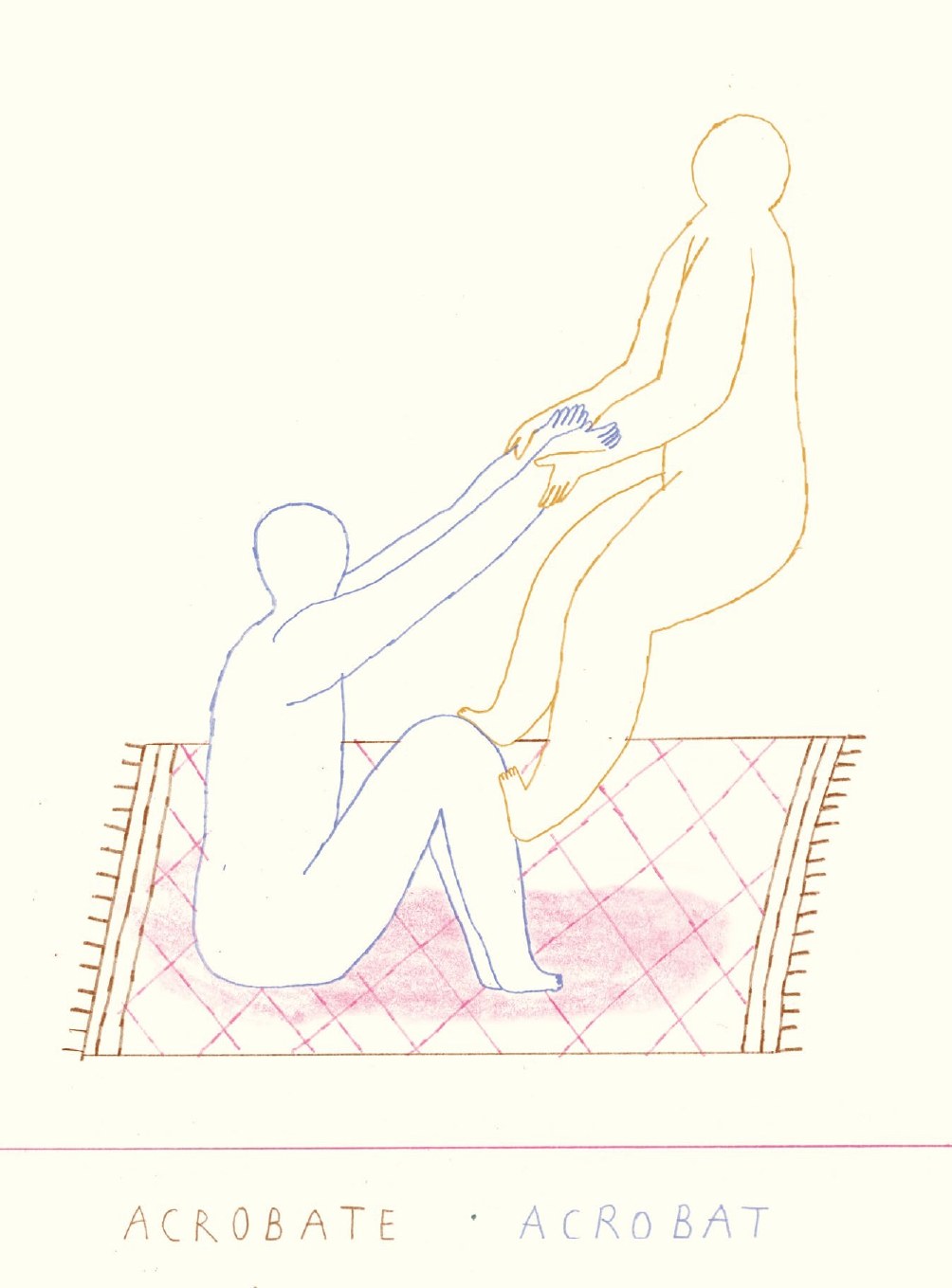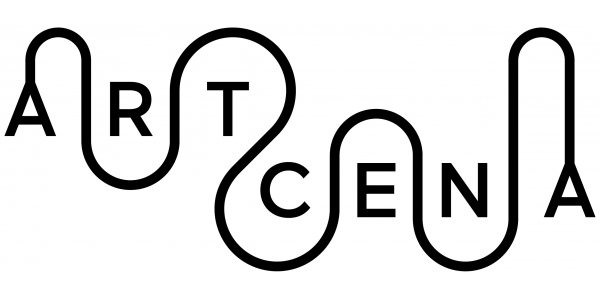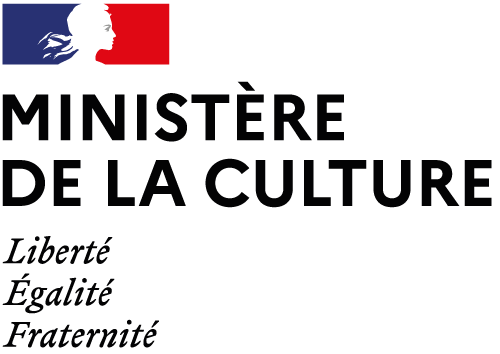20 STORIES OF CIRCOSTRADA - CELEBRATING THE 20TH ANNIVERSARY OF THE NETWORK: -FRAGILE NETWORKS - AN ARTICLE WRITTEN BY GILDAS ALEKSA

Our festival, Cirkuliacija, first came about in 2017. That year, Monika Neverauskaitė, Lithuania’s first ever circus professional, finished her education at the school Lido and wanted to come to Lithuania with the final show of her class. It was a tented show and the space we eventually found for them was out in the suburbs of Kaunas, on some grassland between a trash container and a huge apartment building. The place was a kind of accident, but I saw how the artist communicated with the local community in the suburbs – and we started to do it intentionally, putting shows at sites around the city. In Lithuania now we have around ten professional artists, among them two companies, no circus centre, no youth circus programmes, but two international circus festivals. Sometimes we have ‘small country, small festival’ syndrome, so when Circostrada asked us if we wanted to host a general meeting in June 2022, we were not sure we could do it. It was something very different from what we’re used to, but the meeting was also going to be a lot of firsts for the network. It would be the first time there had been a general meeting in the Baltics. The first meeting under Circostrada’s new three-year funding cycle, ‘CS body/ies’. The first live meeting after the pandemic. And it was the first time there would be a meeting near a war. This last point was unavoidable: while our meeting went on, living body/ies were getting hurt just 700kmaway from Kaunas, in a place where aggressive bodies were trying to overcome bodies of will. Only 1500km from Kaunas lies what used to be the city of Mariupol, where there were bodies under the ruins. Yet, there we would be, meeting artists and cultural workers, discovering the local scene, and presenting an art form in which we manifest bodies that hold, bodies that catch, bodies that communicate, and bodies that observe and take that in. We spent some time talking with the Circostrada team about how to get people to feel safe coming to the meeting, but in the end people wanted to come, to show support, donate, and talk about it. We invited Kristian Kristof – the manager of Recirquel from Hungary – who presents Ukrainian circus work internationally, to give a speech about how the artists cope, what they have to deal with, and how circus can become a medium to talk about the current situation. I think the meeting in Kaunas wasn’t about advocacy of circus to the government, but advocacy of freedom to the rest of Europe. Nevertheless, we had around a hundred professionals who had come to a region that has little history of exporting circus productions internationally. We might have had few shows to share, but the artists were not short on ideas. The most successful part of the programme was the pitching sessions for Baltic artists, which led to dozens of residencies, offers for co-production, and bookings. It was really a spring board for the local scene to the international field. The actual ideas they pitched were crazy. They were unique and authentic. With them, we took an important step: instead of imitating how circus is done elsewhere, we started to use it as our own language to express unique ideas. For our organisation as well, I think we are slowly discovering what it means to be a member of Circostrada – how to fit the network to our needs, and not always to discount ourselves because we are small and fragile.

Gildas Aleksa is a theatre director from Lithuania. He is the head of the organisation Teatronas, which founded the contemporary circus festival Cirkuliacija and recently opened the first contemporary circus centre in the country Cirko Sapiens.
John Ellingsworth works as a writer and editor in the cultural field. He has worked on projects and publications for Kulturrådet, IETM – international networkfor contemporary performing arts, Dansehallerne, ELIA – European network for higher arts education, Flanders Department of Culture, Youth and Media, EDN – European Dancehouse Network, and others. He also works as a data analyst and researcher for the cultural mobility network On the Move, recently authoring several reports on digital mobility and environmental sustainability in the context of cross-border collaboration.






write us: infocircostrada@artcena.fr